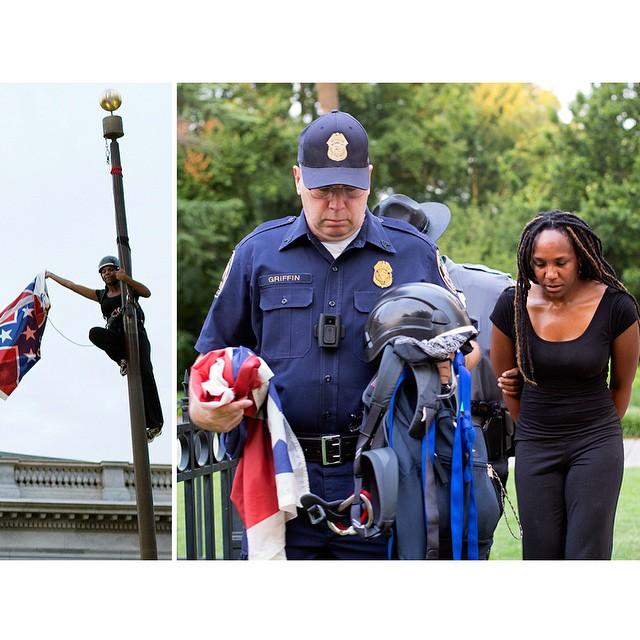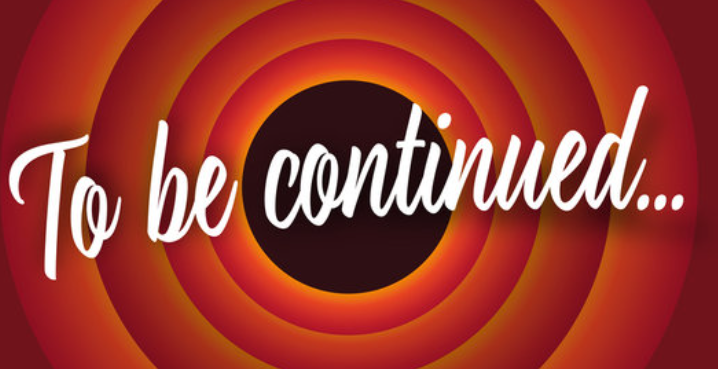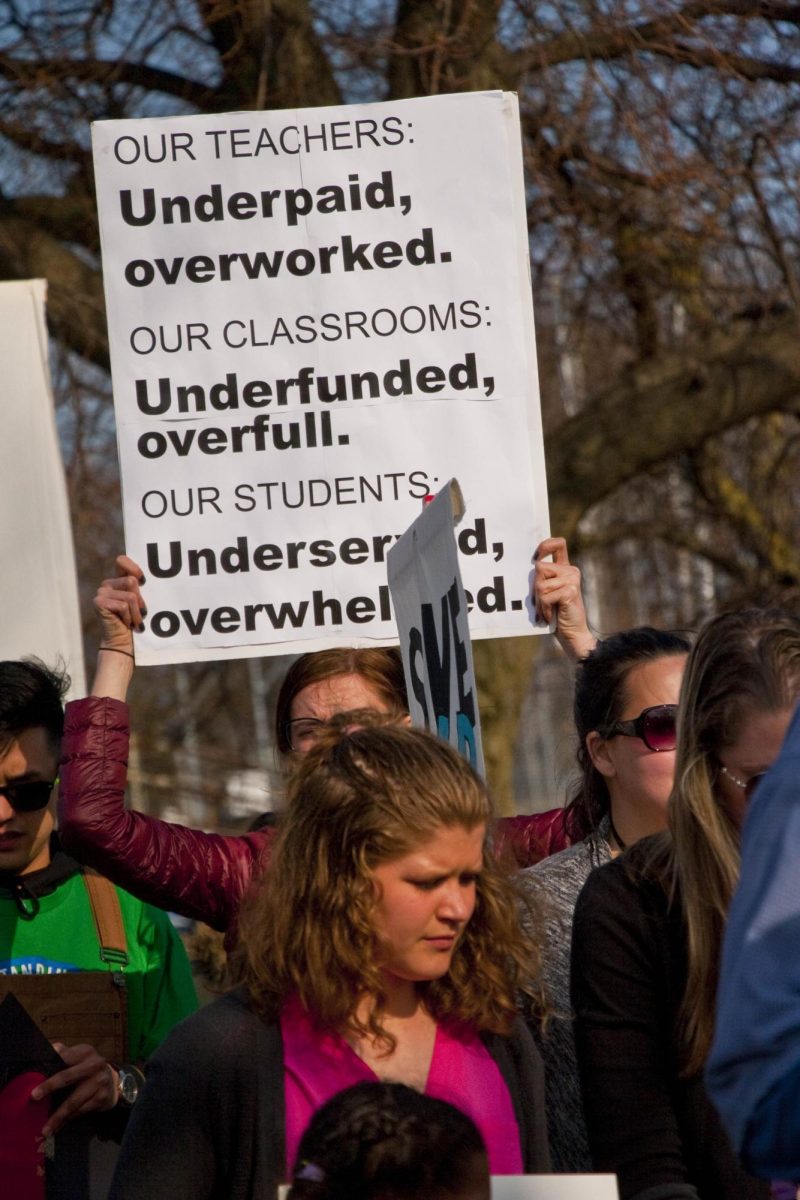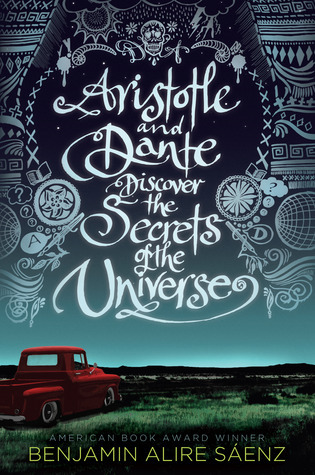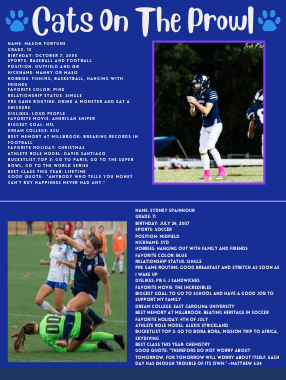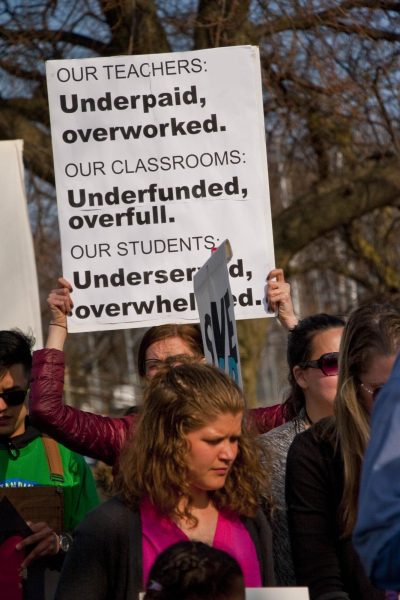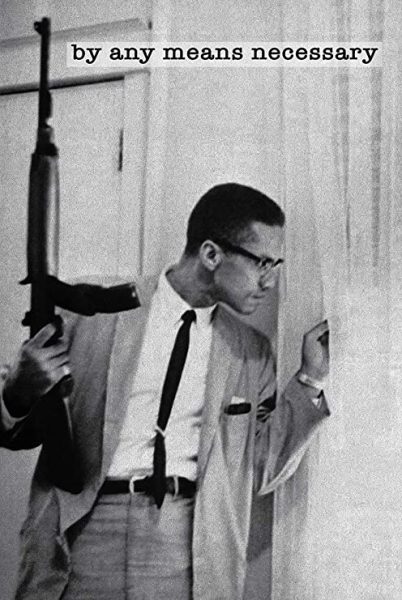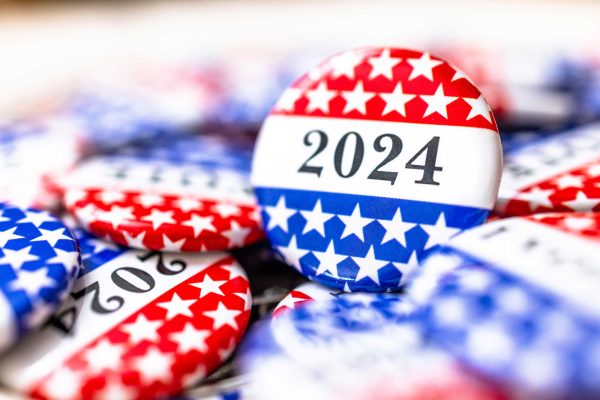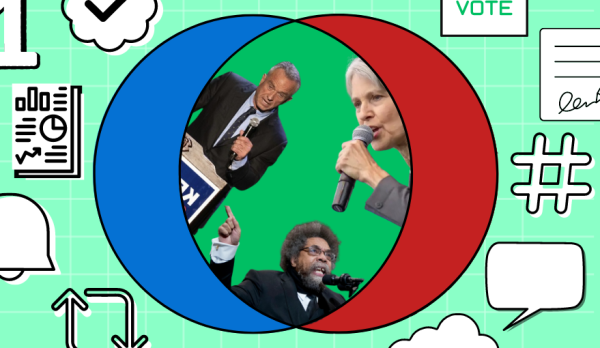Freedom to disrespect?
This past summer, Bree Newsome was arrested for removing the Confederate flag from the South Carolina Statehouse. Harmful symbols such as this have no business being present in public spaces, even though a blanket ban in all situations brings up uncertain questions about government censorship.
February 25, 2016
Freedom is something that Americans take very seriously. It is both our pride and our right. Freedom of speech is protected under the First Amendment. This amendment encompasses many types of speech, including religion and public gatherings. Most interpet freedom of speech fairly straight forward: We are free to say whatever we want, whenever we want. Freedom of speech separates us from countries marked by tyranny and oppression. Yet, there are ideas that are legal to be said or expressed that should not be acceptable.
It is commonly said that everyone has the right to their own opinion, and I agree. However, as controversial as this may be, some opinions are less acceptable than others and should not be shared. I am not talking about trivial matters like whether Coke or Pepsi is the superior soda, but opinions that encompass discrimination. If an individual is a white supremacist, for example, they are entitled, I suppose, to that set of beliefs. They are free to be a racist, provided that they bring no harm to others. One would assume that this would apply to the expression of their racist ideas. The thing is, though, that when they start slinging around racial slurs, their expression of opinion becomes harmful. Historically, racial slurs have been used to promote and conduct violence and oppression of minority groups. The presence of racial slurs is also a big factor in determining if a crime perpetrated by a white individual on a person of color is a hate crime. The reappropriation of slurs by marginalized communities of color, or in the LGBTQ community is typically accepted because those individuals have created a new context for these words.
The Confederate flag is another example of expression that is legal but generally immoral. To some, the flag represents Southern pride and the independence of the states, or the bravery of Confederate soldiers. However, for many others, it represents the horrors of slavery, racial violence, and white supremacy groups like the Ku Klux Klan. Like with racial slurs, the presence of harmful symbolism can often be the factor that determines if an act is a hate crime. Some may say that it is not the flag itself that is harmful, rather it is the people who use it to commit acts of racism. However, the swastika originally symbolized good fortune in Sanskrit and is banned in Germany because it came to represent Nazism and destructive ideology. We see a lot of Confederate flags around this area, even at Millbrook. When you think of all the people of color who are forced to look at this symbol of their suffering, it seems wrong to allow the Confederate flag to fly.
I do not suggest that everything offensive should be illegal, and I understand that once the government begins to censor things, it opens up a door that is not easily closed. Slurs and inappropriate symbols should be banned in certain situations, such as government facilities, the workplace, and public places including schools or libraries. This is why I support South Carolina’s taking down of the Confederate flag on government buildings. I am against expressions of discrimination, but I acknowledge that a blanket ban goes against the foundations of our freedom. I suggest more of a social movement against them. If you see something unacceptable, call it out. It is not always the government’s place to censor harmful expression, but that does not mean it is not yours.


